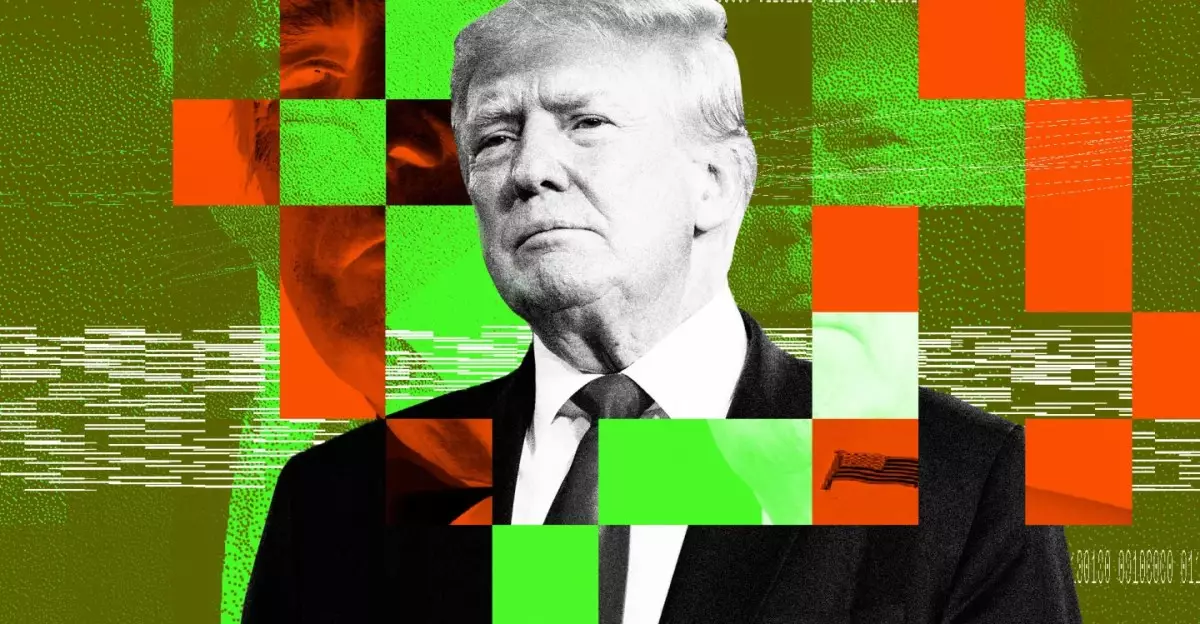The recent decision by the State Department to suspend student visa interviews has thrown a wrench into the plans of countless international scholars eager to further their education in the United States. For many, obtaining a visa is a significant step in pursuing higher learning, offering the promise of enriched academic and cultural experiences. However, by pausing these critical interviews, the government has effectively placed applicants in a precarious situation. The reverberations of this decision extend far beyond individual students, affecting universities, academic collaboration, and the rich tapestry of ideas that international students bring to American campuses.
The Legal Challenge: A Pushback Against Bureaucratic Overreach
In a powerful show of defiance against these bureaucratic obstacles, a group of fifteen Iranian students and researchers has filed a lawsuit challenging the Trump administration’s actions. They claim that the suspension of student visa interviews violates the Administrative Procedures Act, which is intended to prevent arbitrary regulation practices. The lawsuit, currently sealed but reported by notable outlets, signals an urgent need for accountability in policy-making. Legal representatives argue that the requirement for social media disclosures, established in May 2019, has already set a problematic precedent, disproportionately targeting specific demographics due to political motivations.
The fear that students are being judged based on their ideological leanings rather than their academic merits is palpable. Some critics argue that this not only discourages diversity but also jeopardizes the innovative spirit that thrives on campus.
Impact on Higher Education and Innovation
The ramifications of these visa interview suspensions on American higher education cannot be ignored. Universities across the nation, including prestigious institutions like Yale and Ohio State, welcome these students to foster an environment rife with diverse perspectives and innovative thoughts. The ongoing limbo disrupts academic plans and may even deter future applicants from considering U.S. universities. It sends a message that the U.S. may not be a welcoming environment for students from certain backgrounds, potentially leading to a loss of talent in critical disciplines such as engineering, finance, and computer science.
When the State Department announces intentions to “aggressively revoke” visas for students connected to foreign governments or involved in political movements, it raises fundamental questions around academic freedom. Historically, universities have thrived as spaces for free thought and political discourse. Limiting access based on nationality or political stance undermines this core mission, ultimately stifacing innovation and intellectual growth.
The Broader Implications: A Shift in International Relations
The suspension of visa interviews and the continuing scrutiny of international students reveal deeper issues concerning the U.S. approach to foreign relations. By targeting certain groups—whether they be students from Muslim-majority countries or those advocating for social justice—it risks fostering international animosity and mistrust. Such actions threaten to undermine the collaborative efforts that form the bedrock of global education and diplomacy.
As a country renowned for its educational excellence, the U.S. stands at a crossroads. The management of visa interviews and the approach to international student affairs will not only shape the future of academia but also define America’s stance on global cooperation amid turbulent geopolitical climates. What is at stake is not only the future of countless aspiring scholars but also the integrity and intellectual vibrancy of American higher education.

